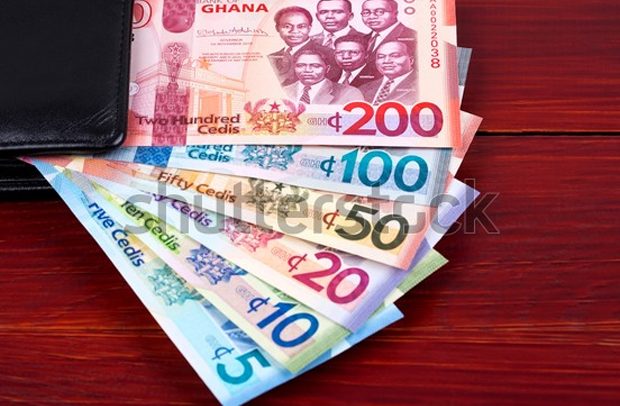THE LOCAL currency depreciated marginally against the dollar from 7.53 last week to 7.56 after its slight appreciation earlier.
Dr. Settor Amediku, head of payments at the Bank of Ghana, speaking at the Money Summit held this week in Accra, said “We expect further weakening for the cedi amid continued capital outflows and global economic fallout from the Russia-Ukraine war.”
He also said the inclusion of the Ghana Interbank Payment and Settlement Systems (GhIPSS) in the Pan-African Payment and Settlement System (PAPSS) will help deepen financial inclusion as businesses transact via mobile phones.
AZA Finance, in its latest survey on the foreign exchange markets in Africa, touched on the oil to food shortages that has hit the industry.
It said supply disruptions continue to be felt across Africa – from companies in Nigeria struggling to manage with the steep climb in diesel prices to the South African Cane Growers Association suffering from the combined impact of rising fertiliser costs, poor weather and an impending tax hike.
In Ghana, it said the soaring price of liquefied natural gas is causing a return to charcoal, compromising the government’s drive to avert deforestation by distributing free gas cylinders to encourage the switch to LNG.
Meantime, two Asian powerhouses have taken divergent approaches to dealing with the global food shortage. As India eagerly takes on its first assignment as a substitute wheat supplier to Egypt, Indonesia has taken a different stance by banning palm oil exports to protect domestic consumers. This ban has far reaching consequences on African countries like Kenya which depend solely on imports for its cooking oil and has already seen prices jump by 30% this year.
A business desk report


